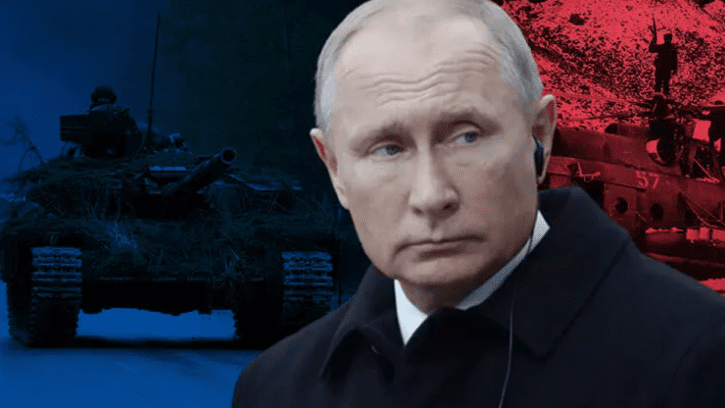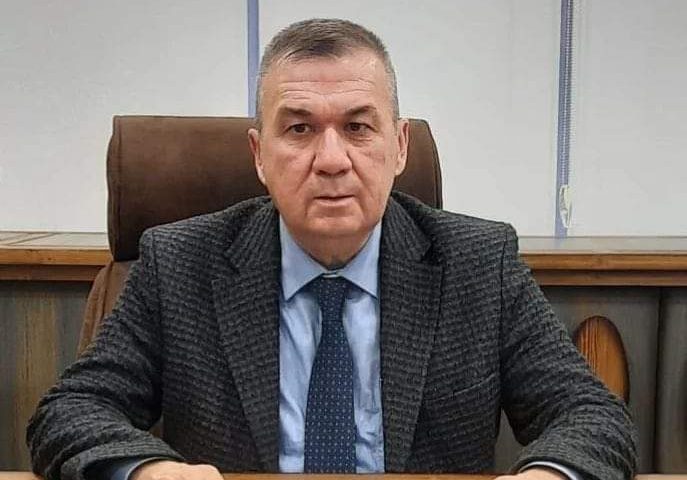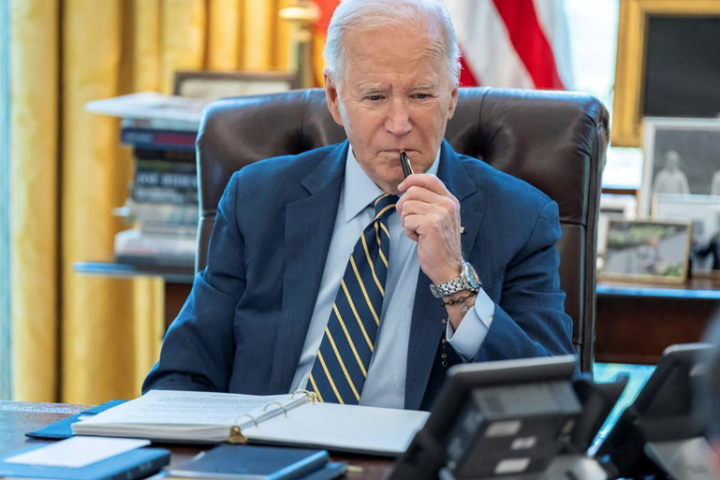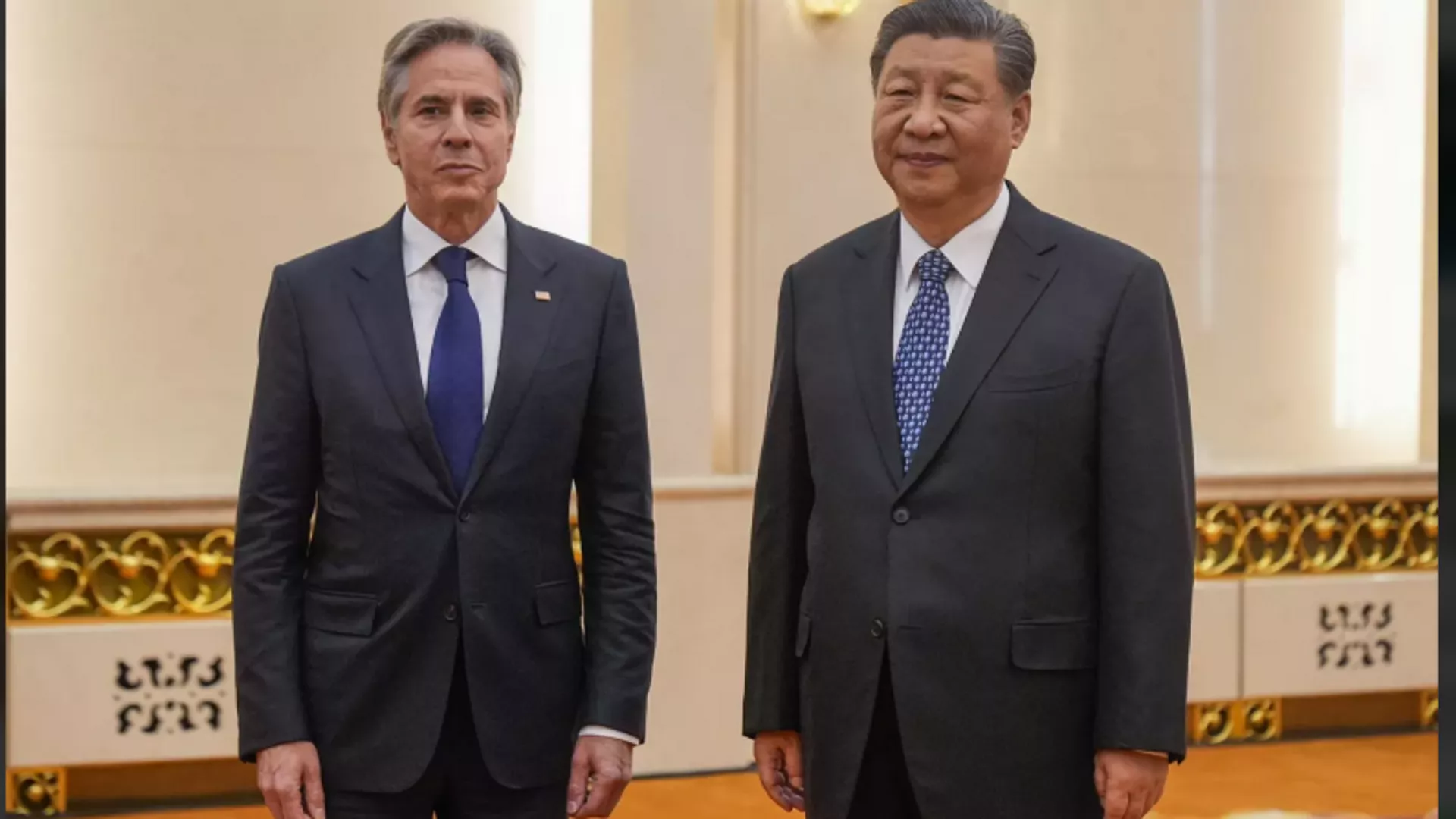Putin has managed to contain the impact of Western sanctions on his country, but balancing political factors and sanctions is essential to find a way out of the Ukraine war
Russian President Vladimir Putin has managed to contain the costs to his country of Western sanctions imposed after the war in Ukraine, Foreign Policy reports. The article, “Sanctions: What Everyone Needs to Know” by Duke University professor Bruce W. Jentleson.
The article notes that the sanctions war against Russia has entered a phase of mutual economic attrition after failing in both phases, one to ‘deter aggression through sanctions’ and the other to ‘force a change in behavior after sanctions are imposed’, noting that the first phase, deterrence, failed to prevent invasion because Putin’s vision of ‘Greater Russia’ made him unshakable. The phase of forcing a change in behavior, on the other hand, caused economic losses in Russia, but not as great losses as in other sanctioned countries. Russia has resorted to three defense strategies against this phase. These were alternative trading partners, breaking sanctions and domestic concessions.
- Russia’s Federal Security Service: Natalya Vovk, Ukrainian citizen who killed Darya Dugina
- Glimpse into the past drought makes Nazi warships emerge from the Danube
Limited partnership with China
The article, quoted in Foreign Policy, emphasized that although many countries supported the sanctions, major countries were reluctant to do so, and that China increased its oil imports from Russia, supplied Moscow with some military products and made statements in support of Russia. However, the support was not absolute, as predicted by the ‘unlimited’ partnership, price cuts and military ties between the two countries before the invasion. India increased its oil imports from Russia from one percent to 20 percent.
The article cited a tripling of the number of oil tankers disappearing from radar for sanctions violations, indicating that Russia was evading sanctions. Russian tankers and oil refineries have mingled with others, and Moscow has stolen hundreds of thousands of tons of grain produced in Ukraine and sold it to friends, the article said, noting that Russian oligarchs are turning to tax and banking havens to protect their cash and safe harbors to park their luxury yachts.
According to Prof. Jentleson, the author of the article, the domestic measures taken to compensate included a combination of economic measures and political pressure. Economic measures included the Russian Central Bank raising interest rates and tightening controls on capital movement. As a result, the exchange rate of Russia’s local currency, the ruble, which had fallen at the start of the war, rose to its highest level in seven years in June. Pensions and corporate bailouts were raised to ease the burden of sanctions on ordinary citizens. Political repression included arrests and crackdowns on the opposition that helped quell the protests that erupted on the morning of the invasion. “The oligarchs who dared to speak out paid the price,” Prof. Jentleson wrote in his article.
Counter sanctions
As for sanctions, according to the article, the parties have entered the third phase, the attrition phase. One of the main counter-sanctions is Russia’s reduction of gas supplies to the European Union (EU). This has had a negative impact on the EU. As of July 31, Russia reduced the amount sent through its pipelines to Europe from 400 million cubic meters per day to almost 100 cubic meters.
Electricity costs in Germany doubled between January and June, from 140 euros ($140.5) to 260 euros per megawatt-hour. Gas shortages have forced major industries to reduce production. There were two limited solutions: savings in consumption and switching suppliers. EU countries recently signed an agreement to reduce their gas use in response to the shrinking Russian energy supply.
The agreement envisages savings and the introduction of some rationing measures to ration gas supplies next winter. Spain requires air conditioners in commercial premises to be no hotter than 27 degrees Celsius, while the Netherlands encourages showers to be taken within five minutes. France is forcing shops to turn off their window lights.
Prof. Jentelson pointed out that international interest in climate change has decreased in the context of these developments. The US lifted controls and restrictions on oil and gas extraction in the country. European countries have returned to burning coal for energy production. In 2021, the global gross domestic product (GDP), which was recorded at 5.7 percent, is not expected to exceed 2.9 percent this year, compared to 4.1 percent before the war.
Although oil prices have fallen from post-invasion highs, a barrel of oil could rise to $200 a barrel as sanctions on oil exports are tightened. Poor and developing countries, on the other hand, face greater challenges than others, as the number of poor has increased by at least 40 million people and they bear the burden of rising prices. have borne the brunt of high prices. While the food shortages are blamed on Russia’s invasion of Ukraine, many in the countries of the world’s south blame the invasion as well as sanctions imposed by Western countries.
The ruble is both strong and weak
The article stated that Russia’s local currency, the ruble, has recovered, but this recovery is limited to official trade activities, while the black market reveals the ruble’s weakness. Russian energy giant Gazprom’s shares fell for the first time since 1998 for failing to pay dividends. Russian Central Bank Governor Elvira Nabiullina warned that ‘the time the economy can live on financial reserves is limited’. It is estimated that 500,000 employees, many of them highly educated and technologically skilled, have left the country. Add to this the destruction of 2,600 Russian armored vehicles and the depletion of 70 percent of the precision-guided missiles in the Russian army’s arsenal. Semiconductors have begun to be ripped out of refrigerators and dishwashers to be used to increase the supply of ammunition.
The failure of only imposing sanctions
Emphasizing that sanctions have not changed the political behavior of the sanctioned countries, particularly Cuba, North Korea and Iran, Prof. Jentleson stressed that the success of sanctions depends on two factors. The first is the willingness of elites and other local actors to play a role in forcing the regime to change its behavior. But this depends on protecting their interests when they take such a step. According to Prof. Jentleson, one of the reasons why the sanctions imposed on Iran by former US President Barack Obama were successful, but the sanctions imposed by incoming President Donald Trump have failed, is that Obama’s economic pressure without the political animosity of Trump.
The absence of political hostility encouraged internal changes in Iran’s political work. The second factor is the diplomatic strategy that accompanied the sanctions. Prof. Jentleson stressed that while such a strategy succeeded under Obama in forcing Iran to negotiate its nuclear program, it failed under Trump.
Acknowledging that the balance between maintaining some sanctions and lifting others is always a difficult one, Prof. Jentleson wrote that in the case of Russia, the key factor was that the sanctions were sufficiently damaging to Moscow while failing to have the effect of encouraging Putin or any other Russian leader to compromise, “This is a difficult balance to achieve, but a necessary and indispensable one.”
The source used to publish the news: https://turkish.aawsat.com





